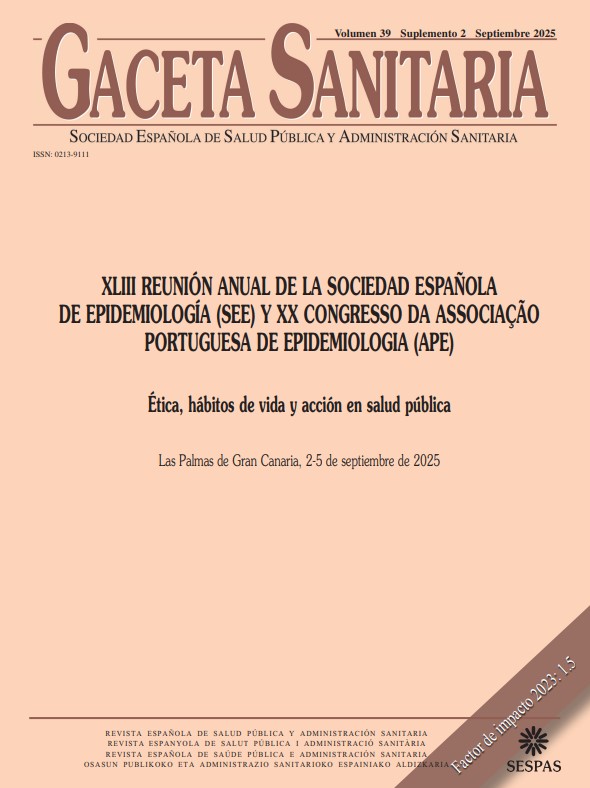783 - MALADAPTIVE EATING BEHAVIORS AND HEALTH-RELATED QUALITY OF LIFE IN SPANISH CHILDREN
Sciensano; Gasol Foundation; University of Lleida; University of Alcalá; Pediatric and Public Health Specialist; University Hospital of Bellvitge (IDIBELL); CIBER Fisiopatología Obesidad y Nutrición (CIBERobn); Hospital del Mar Research Institute; CIBER de Epidemiología y Salud Pública (CIBERESP).
Background/Objectives: Assessing HRQoL in children is crucial for understanding their health and preventing chronic diseases. While eating disorders in children have been linked to reduced HRQoL, the impact of maladaptive eating behaviors, such as external eating, emotional eating, and restrained eating, remains prospectively unexplored. Therefore, this study aimed to determine whether these eating behaviors (external, emotional, and restrained eating) were associated with HRQoL after a follow-up period of 14.65 months (95%CI: 14.57–14.73).
Methods: The study included 1,371 children (690 boys, 681 girls) aged 8-10 from primary schools in Catalonia, Spain, as part of the POIBC study. The Dutch Eating Behavior and KIDSCREEN-10 questionnaires were used, and a composite maladaptive behavior score was calculated. Physical activity, anthropometric measures, and sociodemographic data were also collected. Linear regression analyzed associations between maladaptive eating at baseline and HRQoL after 14.65 months using three models with increasing adjustments. A cubic spline regression assessed the dose-response relationship, controlling for all covariates.
Results: Linear regression analysis revealed a significant inverse association between baseline external eating (β = -1.375, p = 0.012) and emotional eating (β = -1.969, p = 0.005) with HRQoL at follow-up after adjusting for sex, age, allocation group, school, maternal education, zBMI, adherence to the Mediterranean diet, and physical activity. These associations were attenuated after further adjustment for baseline HRQoL. Additionally, the composite score of maladaptive eating behaviors showed a significant inverse association with HRQoL at follow-up (β = -2.111, p = 0.024), which persisted after adjusting for confounders. Dose-response analysis further confirmed a strong linear relationship between the composite score of maladaptive eating behaviors at baseline and HRQoL at follow-up, accounting for all covariates.
Conclusions/Recommendations: External and emotional eating behaviors seem to negatively impact HRQoL prospectively in Spanish children. The composite score of maladaptive eating behaviors showed a stronger inverse association with HRQoL than each eating behavior individually. These findings highlight the need to address psychological aspects of eating beyond food composition.
Funding: Instituto de Salud Carlos III FEDER (PI11/01900 AND PI20/00199).















